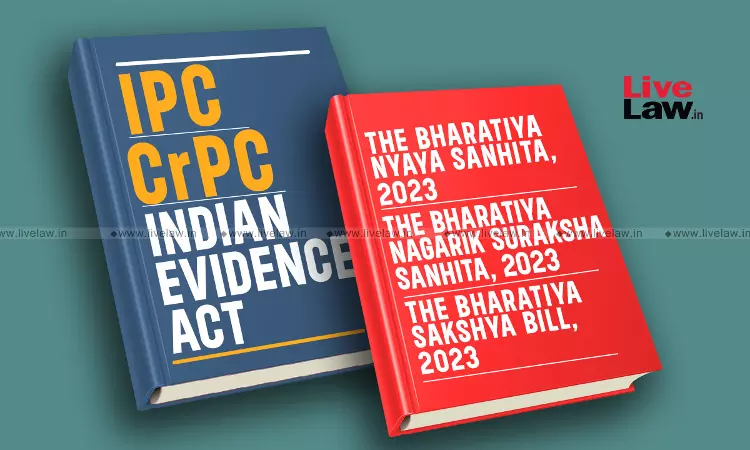The Bharatiya Nagarik Suraksha Sanhita Bill 2023(BNSS), which seeks to repeal and replace the Code of Criminal Procedure 1973(CrPC), proposes to make a significant clarification regarding police custody period.Section 187(2) of the BNSS, which is the mirroring provision of Section 167(2) CrPC, says that the 15 day police custody can be sought on a whole, or in parts, at any time during...

